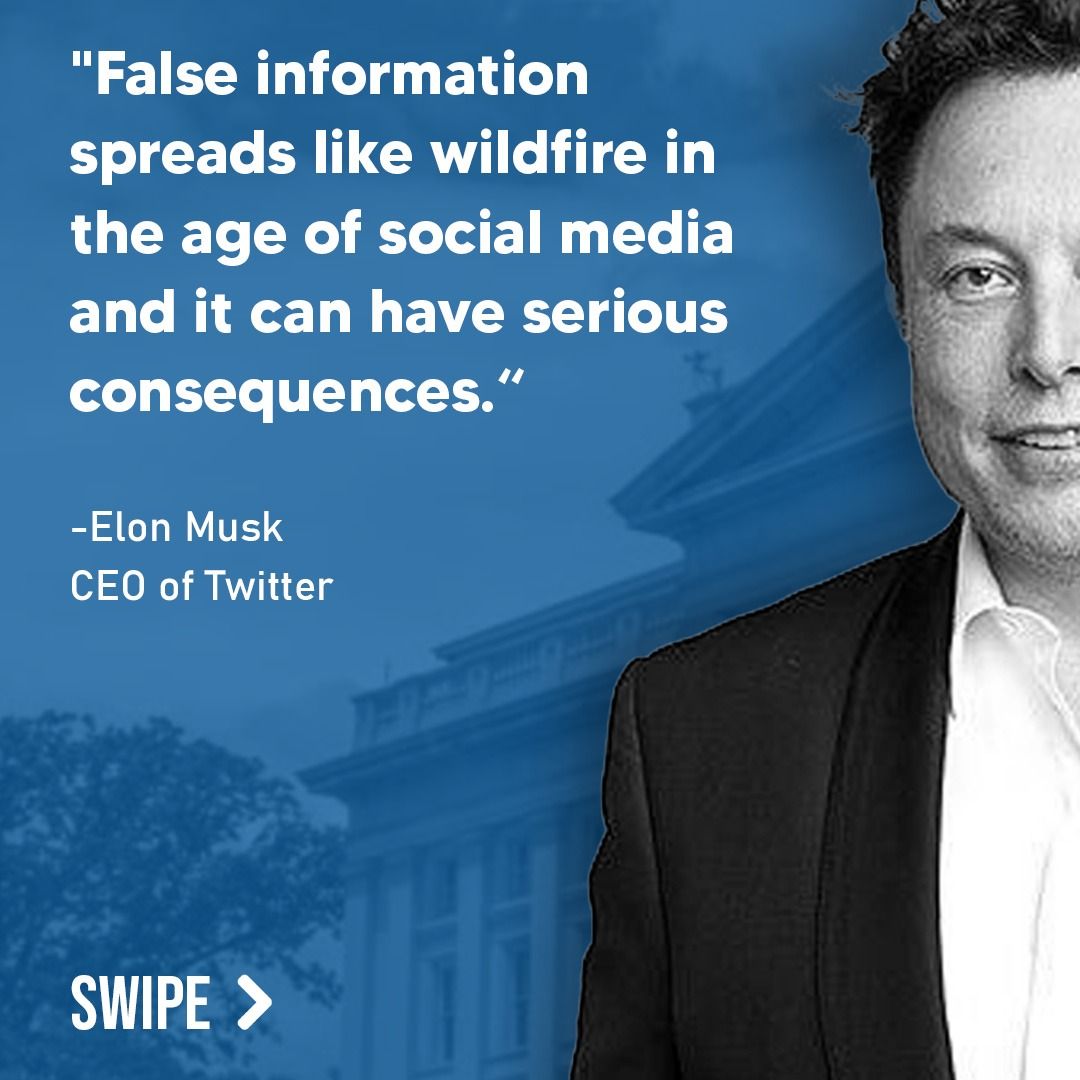
Why This Story Was Flagged
This article raised questions from readers about whether government officials face consistent consequences for sharing sensitive information—accidentally or otherwise—and what penalties, if any, apply to journalists who receive such material. We investigated how accurate and balanced this article is in presenting those distinctions.

Understanding the Background
Disclosing sensitive government data—even unintentionally—is a legally and professionally serious matter. While most classified information is subject to strict protocols, unclassified but operational details (such as an upcoming ICE raid) can still have security implications. In the past, similar mistakes, such as the Hillary Clinton email controversy or intelligence leaks under multiple administrations, have drawn heavy scrutiny. However, outcomes often depend heavily on political context, agency policy, and discretion by leadership.
Verifying the Key Claims
Claim #1: A DHS employee was placed on leave after accidentally emailing ICE operation details to a journalist
This claim is accurate. According to original reporting by NBC News, a Department of Homeland Security staffer mistakenly emailed unclassified—but sensitive—information about an upcoming Immigration and Customs Enforcement (ICE) operation to a journalist. Several DHS officials confirmed that this resulted in the staffer being placed on administrative leave and their security clearance under review.
Source.
Claim #2: The incident is similar to a recent case involving Rep. Michael Waltz and Defense Secretary Pete Hegseth
The article draws a comparison with another case in which Rep. Michael Waltz mistakenly added The Atlantic editor-in-chief to a Signal chat where reportedly sensitive military information was shared by Defense Secretary Pete Hegseth. While this comparison is factually supported based on media coverage and journalist statements, the situations differ in scope. In the Waltz case, the contents of the chat—though potentially sensitive—have not been confirmed to breach any legal protocols at this time.
Source.

Claim #3: Waltz and Hegseth have not been disciplined, unlike the DHS employee
The claim that Waltz and Hegseth have not faced discipline at press time is correct but lacks crucial context. Unlike DHS, the Department of Defense and congressional offices operate under separate oversight mechanisms. Although there has been no formal disciplinary report about the Waltz-Hegseth case, investigations and internal reviews are not always made public immediately. Additionally, the journalist in that case did not publish any sensitive data, limiting dissemination.
Claim #4: Journalists who receive such unintended communications face no consequences
This implication requires nuance. Journalists typically do not face legal repercussions for receiving and reporting on materials sent unintentionally unless the information is classified and they knowingly publish compromised national security content. In this case, the journalist reportedly did not publish the ICE operation details, aligning with common journalistic ethical standards. The First Amendment protects journalists in many such instances, though exceptions exist under the Espionage Act when handling classified documents.
Source.

Fact-Check Conclusion
The article accurately reports that a DHS staffer was punished for mistakenly sharing unclassified operational details with a journalist. However, the comparison to high-level national security officials overlooks important jurisdictional and legal distinctions between agencies. While both incidents involve accidental leaks, differences in content sensitivity, internal policies, and political dynamics affect the outcome. Additionally, framing the reaction to the DHS staffer as part of a broader double standard is an opinion not fully substantiated by policy comparisons cited. The article lacks critical legal context around journalistic protection and how disciplinary processes differ across public offices. Overall, the reporting accurately reflects key facts but introduces a subtle narrative bias by omitting this supplementary background.
Stay Empowered and Informed
Want to verify headlines before sharing them? Download our free DBUNK app and be part of the movement to fight misinformation with facts. Get clear, sourced news analysis anytime.

View the Original Article
You can read the full article as originally published here:
https://www.newsweek.com/dhs-staffer-punished-after-accidentally-adding-journalist-email-report-2051800

